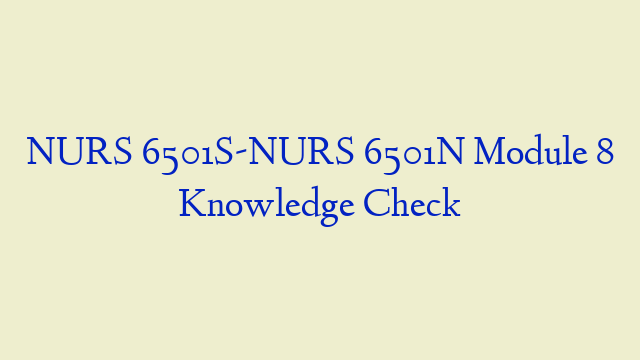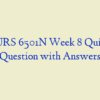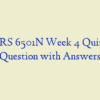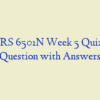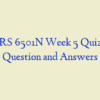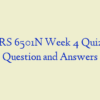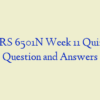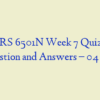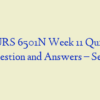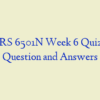Description
NURS-6501S-20/NURS-6501N-20-Advanced Pathophysiology- QTR-Term-wks-1-thru-11
Module 8 Knowledge Check
- What medication should a child with G6PD deficiency avoid because it can trigger a hemorrhage?
- Redness and tenderness of skin that becomes widespread, followed by painful blisters, bullae, and sloughing of skin describes which of the following conditions?
- The urine of a neonate is more dilute than adult urine because blood flow preferentially goes to nephons with short loops.
- The development of Kawasaki disease in young children is caused by:
- A child with MYCN oncogene is at risk for developing which type of cancer?
- Children who have inherited deficiencies of antithrombin III or proteins C or S have increased risk for
- Infants that have seizures typically have what types of symptoms due to the normal development of the nervous system?
- Before the bone marrow is functional in a fetus, where does the production of erythrocytes primarily take place?
- An infant with a congenital defect involving a hole in the septum between the two lower chambers of the heart has a .
- Which of the following about Roseaola is FALSE?
- Children with Down’s Syndrome has an increased risk of developing which type of cancer?
- Marasmus is a severe deficiency of what?
- An adolescent that uses anabolic steroids to increase muscle mass is at risk for developing which type of cancer?
- A coarctation of the aorta will cause what type of blood shunting?
- Sickle cell anemia is usually detected at birth because fetal hemoglobin is affected by the genetic mutation.
- A ventricular septal defect will cause what type of blood shunting?
- Cerebral palsy involves what type of defects?
- Respiratory distress syndrome in the newborn is caused by the deficiency of what substance?
- What are the two most common malignant bone tumors of childhood?
